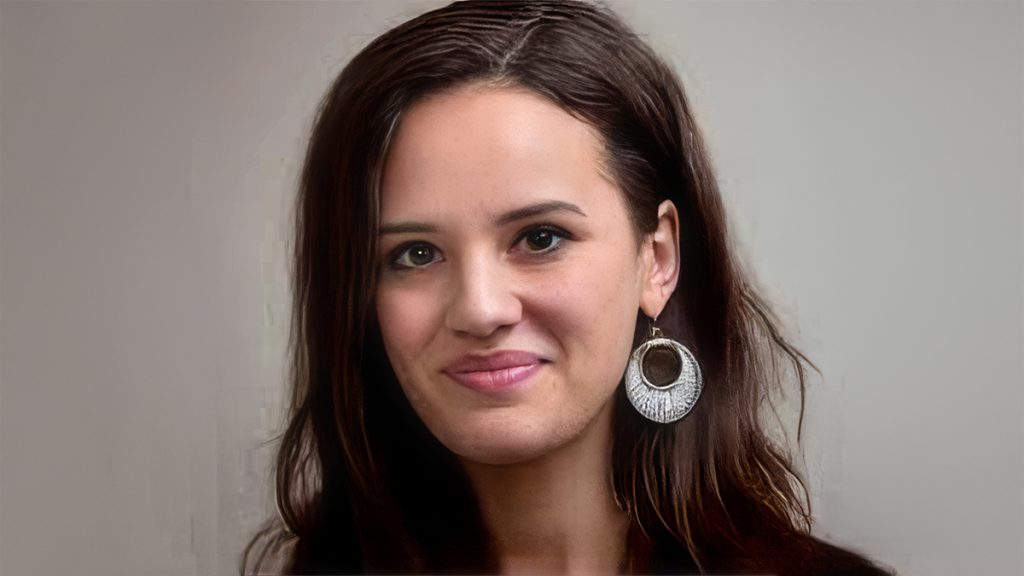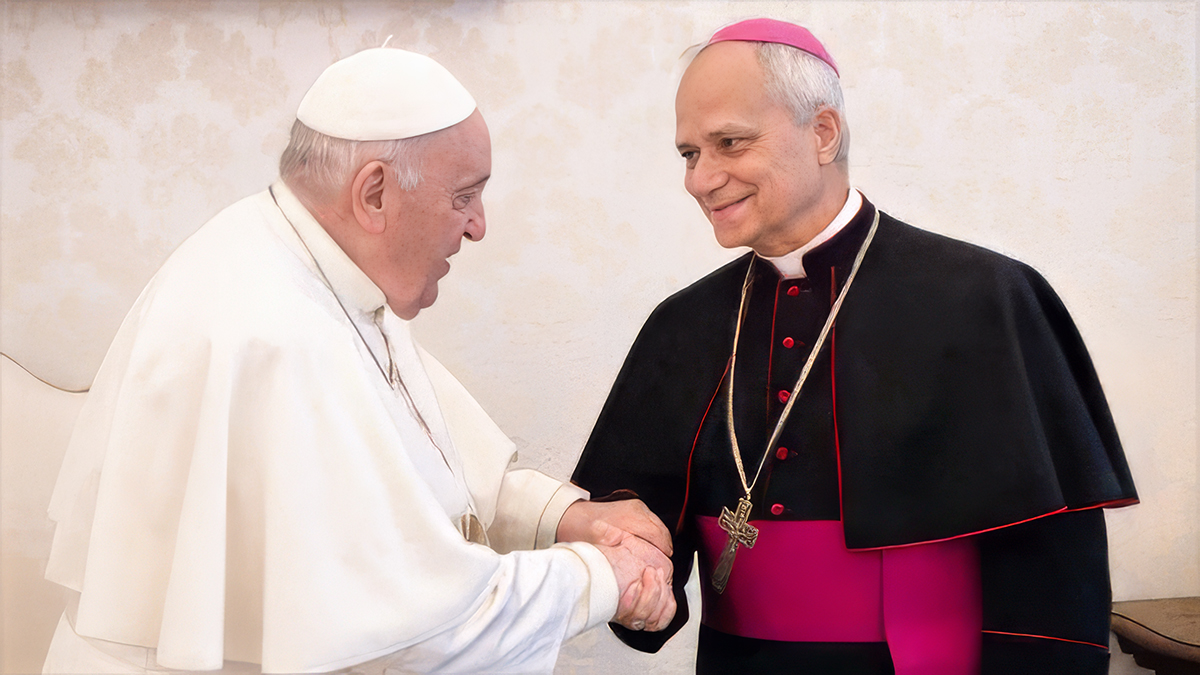From the moment Pope Leo XIV emerged from the balcony of St. Peter’s Basilica, church observers have sought comparisons between the new, U.S.-born pontiff and his predecessor Pope Francis.
A shared vision, different approaches
Vatican experts who worked closely with Pope Francis have underlined the close relationship between the two men, which they believe signals a shared vision for the church, despite different approaches.
Andrea Riccardi, a church historian and diplomat, and founder of the lay Catholic Community of St. Egidio, said he believes Francis himself anointed then-Cardinal Robert Prevost, the future Pope Leo XIV, as his successor.
Riccardi, who worked closely with the Holy See and Pope Francis on diplomacy efforts, traveled with the pope and helped to negotiate peace treaties in many countries, including Mozambique and Guatemala.
Suspicions of Francis’ intentions
“I have the suspicion, I don’t have the proof, that in the last years Bergoglio thought of (Prevost) to succeed him,” he said, speaking at a press conference at the Foreign Press Association in Rome on Tuesday (June 10).
Riccardi, the author of several books on the church and society, acknowledged that with the exception of Pope Pius XI, no pope was able to choose his successor.
“Did Prevost want to become pope?” Riccardi asked, citing Francis’ belief that only the insane would want to become pope due to the high demands of the role.
“Judging by Prevost’s character, serene and calm, I don’t think he desired to become pope,” he said.
The rise of Prevost
Riccardi said that while the relationship was initially rocky between Francis and Prevost when they met in Buenos Aires, Argentina, it improved over time until Francis appointed him in 2023 to lead the influential department overseeing bishops.
When Francis in 2023 made Prevost a cardinal priest, the highest-ranking cardinal position in the church, it was clear his star was rising, Riccardi said.
“Pope Leo will continue the path laid out by Pope Francis with a different approach, a different character,” he said.
The conclave and the polarised church
According to Riccardi, the pre-conclave gatherings at the Vatican, called general congregations, were “a trial of Pope Francis,” adding that it “wasn’t easy.”
While cardinals interviewed outside of the Vatican halls emphasized unity and dialogue, leaked documents and interviews showed a polarised church in the wake of Francis’ death.
“The conclave, on the other hand, was very easy,” Riccardi said, underlining how quickly the geographically diverse College of Cardinals agreed to elect Prevost in just four ballots over two days.
“Pope Leo is not the pope of the restoration,” he said. “He is not the anti-Bergoglio.”
Beyond labels: progressive or conservative?
Riccardi pushed back against media interpretations of Pope Leo that attempt to peg him as progressive or conservative, or try to interpret whether he will be in continuity with Pope Francis based on his clothing choices or where he will live.
Zuppi on Pope Leo’s beginning
“We like to immediately make comparisons,” said Cardinal Matteo Zuppi, president of the Italian bishops’ conference, during a panel organized by the Italian association of journalists in Ascoli Piceno, also on Tuesday.
Zuppi was Francis’ peace envoy to Ukraine and works closely with the Community of St. Egidio. He was considered a favorite to become pope in the conclave that elected Pope Leo XIV.
“There is a great legacy, and right from the beginning Pope Leo XIV took the words of Pope Francis,” he added.
A peaceful vision in a new style
Zuppi said Pope Leo embraced Francis’ understanding of tradition as “something that we must embrace and protect,” but must also be “brought forward and lived.”
He underlined the shared concern of the two popes on the importance of peace, which Pope Leo appealed for in his first remarks.
“Peace be to you! A disarmed and disarming peace perfectly matches Pope Francis’ passion for peace,” the cardinal said, adding that Pope Leo will bring this message to the world with his own style and vision.
Zuppi recalled the moment Pope Leo walked out to the thousands gathered in St. Peter’s Square shortly after his election.
“It was truly moving. I think he didn’t try to hide it, he had a knot in his throat,” he said.
He underlined the importance of loyalty to the pope but also said that “his evident meekness immediately drew much affection and respect by everyone” during the conclave.


